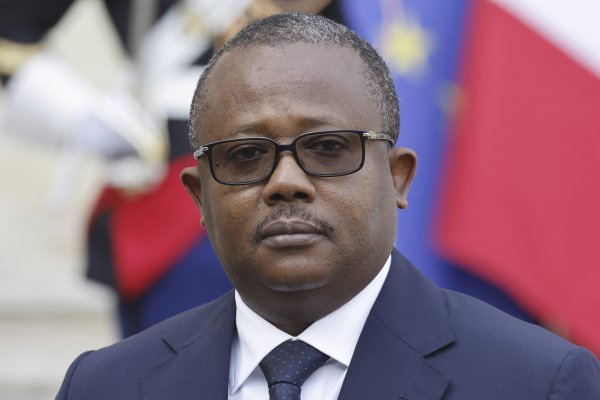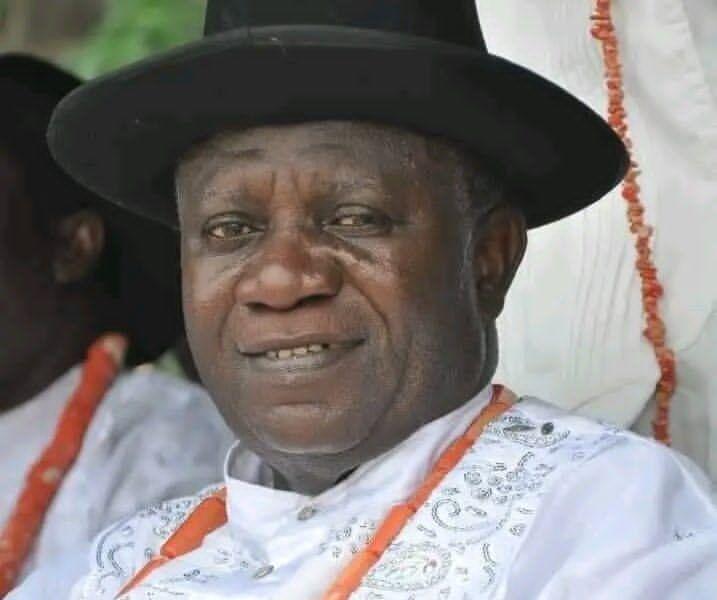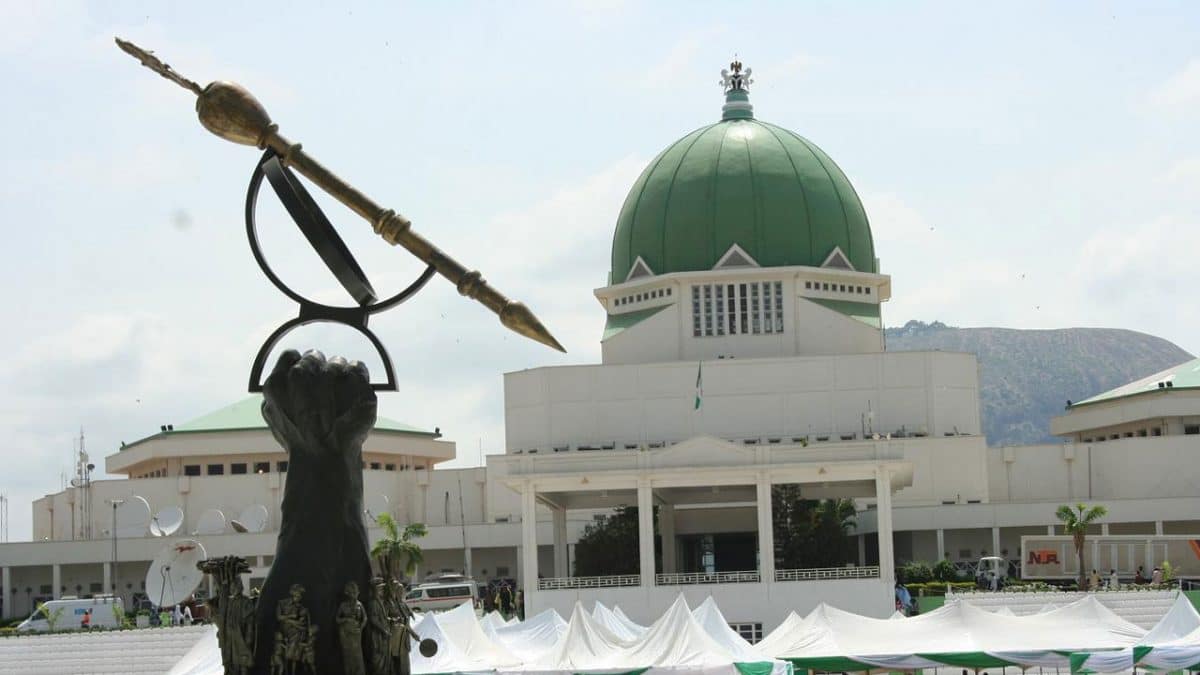EXPOSITION: Amaseikumor and the African Traditional Religion By Abai Francis
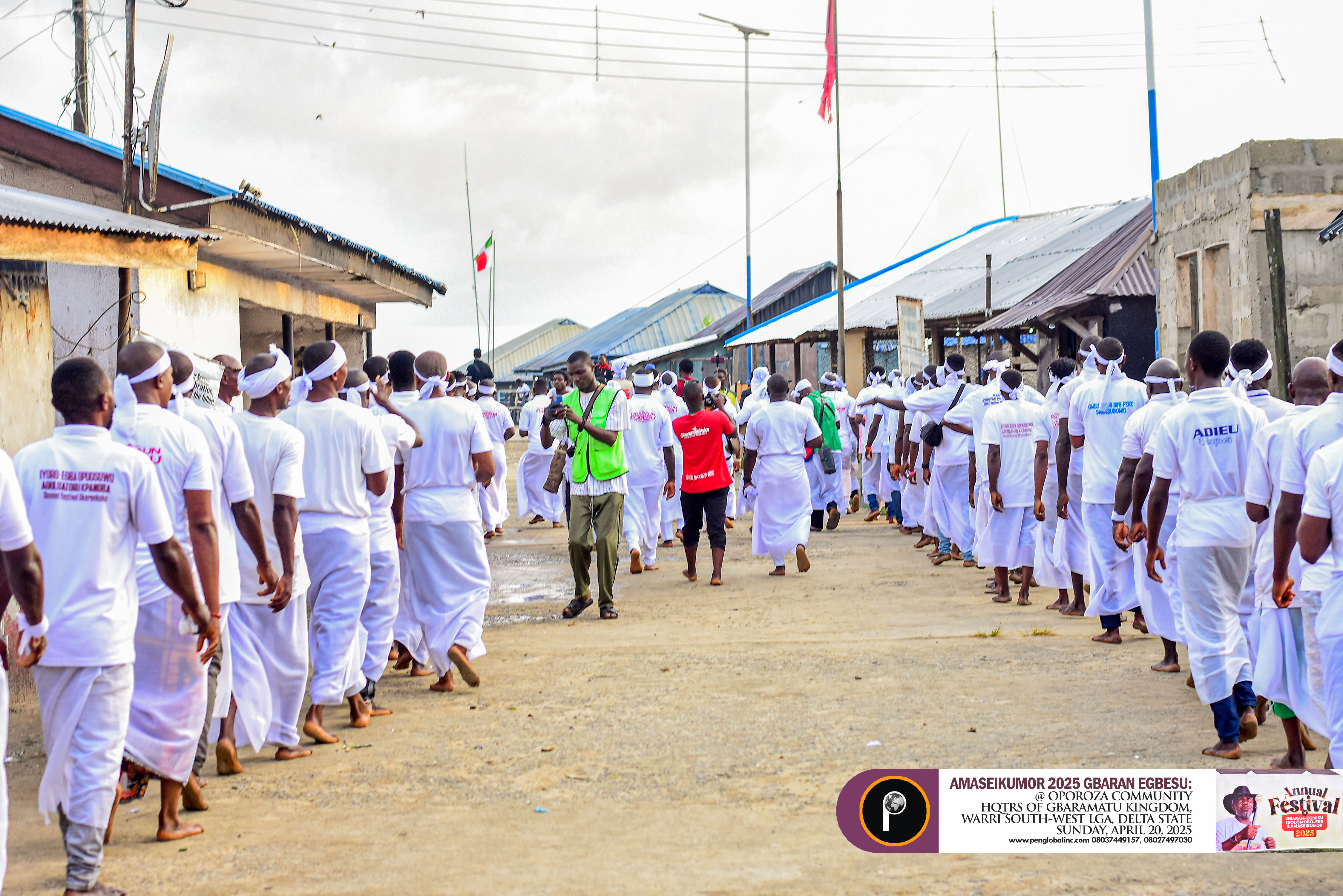
Before the coming of the missionaries to West Africa to propagate Christianity as a religion and its way of worship, Africans had been worshiping God in their own unique ways. And the Ijaws (Ijos) of Gbaramatu Kingdom in Warri South-West Local Government Area of Delta state are no exception, as witnessed in the celebration of her annual Amaseikumor cultural and religious festival. However, the African Traditional Religion (ATR) in this modern age has often come under scrutiny and attack from both external and internal entities leading to it been branded as idol worship or Spirit beings (gods), and the departed souls often referred to as "ancestors".
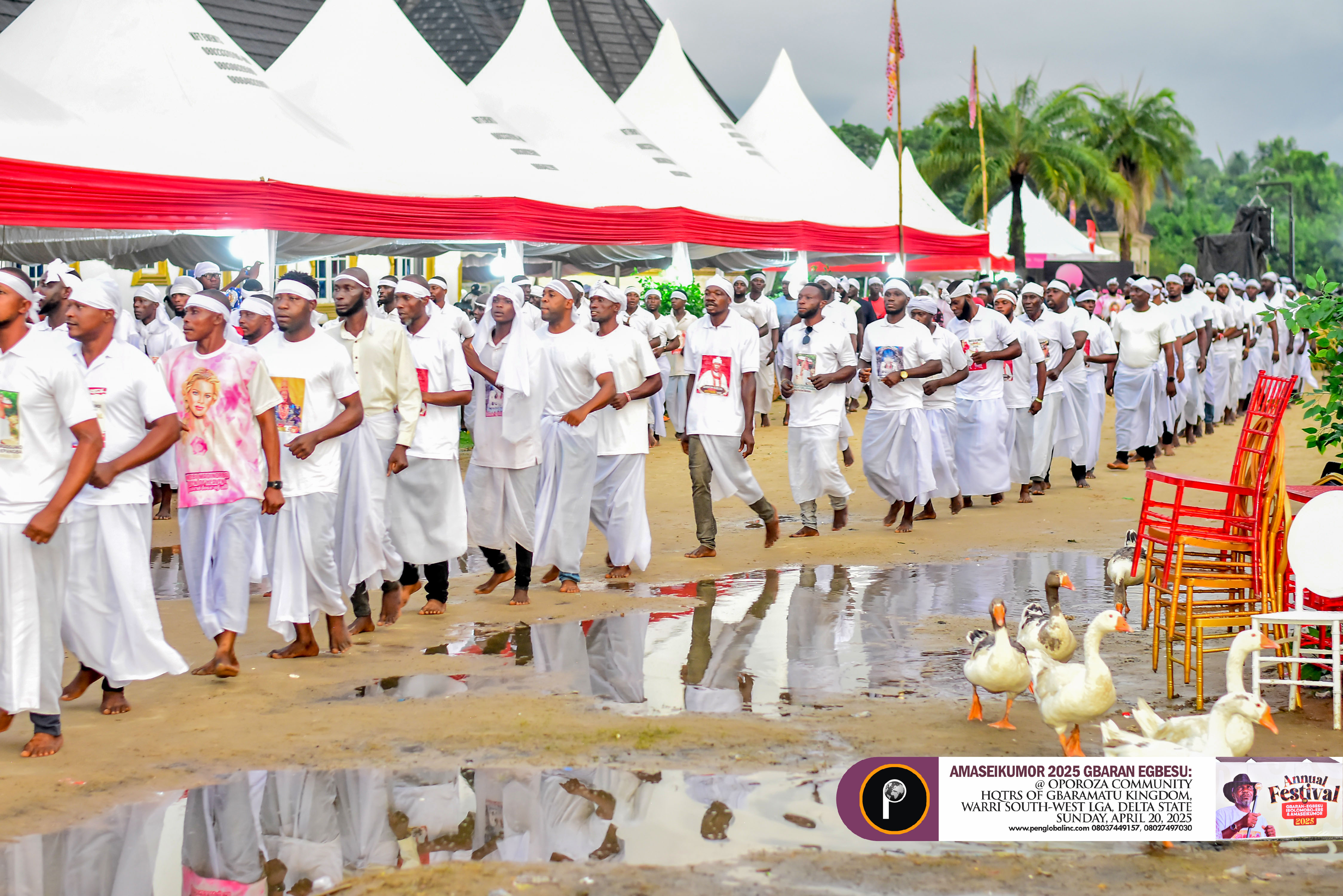
Buttressing this point in ‘A Critical Analysis on African Traditional Religion and the Trinity’ by Jele Manganyi and Johan Buitendag of the Department of Systematic Theology and Christian Ethics, at the University of Pretoria, South Africa, they stated that “There was a common perception in missionary circles that Africa had no prior religion, and hence, was a 'dark' continent. This view and the actions flowing from it were regarded by Africans as using the gospel [Christianity] to declare the superiority of Western value systems [and] using this claim to justify European conquest and exploitation of Africa... [And so] Missionaries were not only perceived as turning Africans away from their culture, but were also understood to be undermining African culture by being arrogant, in the sense that they compared African culture to their so-called superior culture. Consequently, missionaries were regarded as part, or agents, of the colonising of Africa.” [1]
Also, in another article titled, "Do Traditional Africans Worship God?" by Pius Abioje from the University of Ilorin, as published in the Guardian newspaper on 6th September 2011, stated that: "I am convinced it is odd to assume that traditional Africans don’t worship God. I believe we deny them worship of God because we limit the meaning of the word “worship” to only what happens on an altar. I would argue that whoever prays to God is worshipping God, and there seems to be no doubt that many traditional Africans pray to God many times every single day, standing, kneeling, or sitting down...." [2]
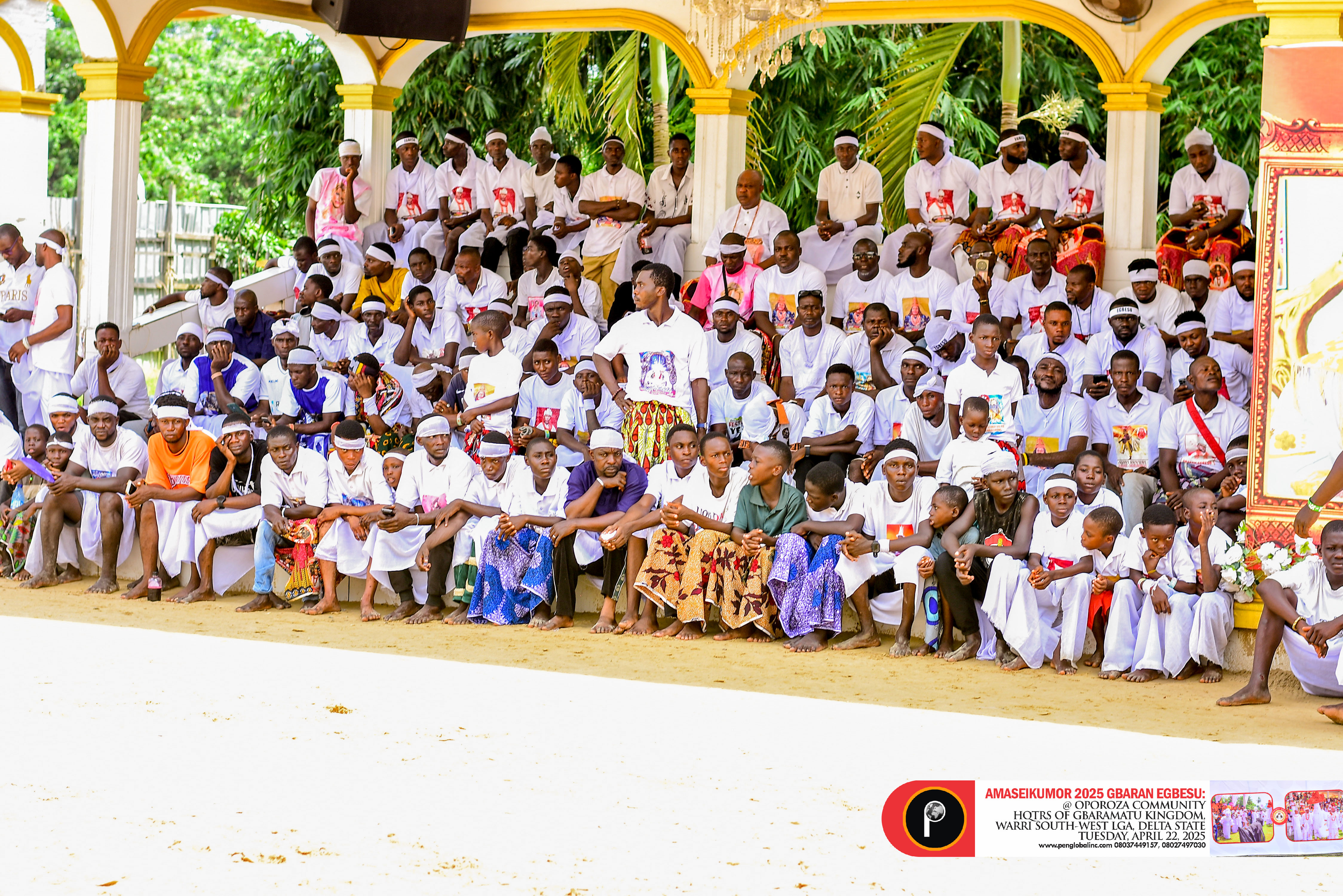
In respect to the branding of ATR as idol worship especially by those in the Christian fold, the Amaseikumor annual festival celebrated by the Gbaramatu Ijaws (Ijos) is believed to be an ATR system of rendering worship to the Supreme Creator and Maker of all things just as believers of other religion (Christianity inclusive) does.
Ancestrally, the Ijaw ethnic group is bound by the covenant of truth (Gesi), thus 'Izon' stands for truth. This covenant is reaffirmed regularly with a ceremony such as the Amaseikumor festival which emphasizes the confession of iniquities (sins or evil deeds), eradication of bad behaviours, and the upholding of upright living (righteousness). This covenant of truth is what forms the basis of the Ijaw spiritual culture which expresses knowledge of spiritual concepts such as divine judgment, sainthood, reincarnation, and the survival of the soul after physical death, in line with other religions.
_1745343380.JPG)
Amaseikumor, in the Ijaw (Izon) language, literally means "a community that should not be destroyed, corrupted or polluted" thereby signifying purity. It is a festival that is observed in five consecutive days and in three phases. The first phase heralds a ritual of cleansing as observed in the worship of Gbaraun Egbesu (National God, personified by Agadagba) for a period of three days. The significance of Gbaraun Egbesu is in purification. It is on that note that participants of the festival are expected to purify themselves by abstaining from ungodly acts before partaking in the worship of Gbaraun Egbesu, also referred to as Woyein religion. The second and third phase of the festival is dedicated to Ibolomoboere (personified as Woyein) and Amaseikumor, respectively.
Amaseikumor divinity is the giver of wealth and prosperity, and does not condone evil. Those who engage in evil or experience evil attack use the opportunity which the festival presents to pray during the praise and worship session (Ogele) as well as confess their iniquities in a bid to be purified.
_1745343442.JPG)
The relationship between Woyein and Gbaraun Egbesu is likened to that of a mother and son, just as is depicted in the Holy Bible's portrayal of Mary, the mother of Jesus Christ, the Son of God. Woyein is seen as the Supreme Being and Creator of all things, also referred to as: Tamara (Temeara), Temeowei, Tamuno and Ayiba. As a Creator it takes the feminine form. Thus, Ibolomobo-ere is believed to be the mother of Gbaraun Egbesu deities personified as Agadagba, the first Son, and regarded as the only King in the earth plane to rule the world. The deities of Gbaraun Egbesu cosmic family are Amaseikumor, Barugu, and Biniebi. Gbaraun Egbesu is regarded as a National and Supreme God aside the Most High God. And according to the Gbaraun spiritual mythology, both Gbaraun Egbesu (Agadagba) and Woyein (Ibolomobo-ere) are one and same, despite being personified as male and female, respectively.
The Ijaws (Ijos), in relation to the true spiritual nature of traditional worship of the Supreme Being, were referred to earlier in history as ‘Oru-otu’ or ‘Izon Otu’, which means ‘people of absolute truth and purity’. European visitors noted the name Oru as a distinct term for Ijaw. Up till the 19th century, the Ijaws (Ijos) were known by the two names of Kumoni or Oru. However, the word ‘Oru’ in modern times has been misunderstood and misapplied leading to it being demonized as ‘juju or demon’. This consistent attack on the Ijaws’ mode of traditional worship is seen by Ijaw traditional worshippers as an attack by wicked forces who through systemic and psychological precision are aiming to wear down the influence of Ijaw cultural and spiritual consciousness.
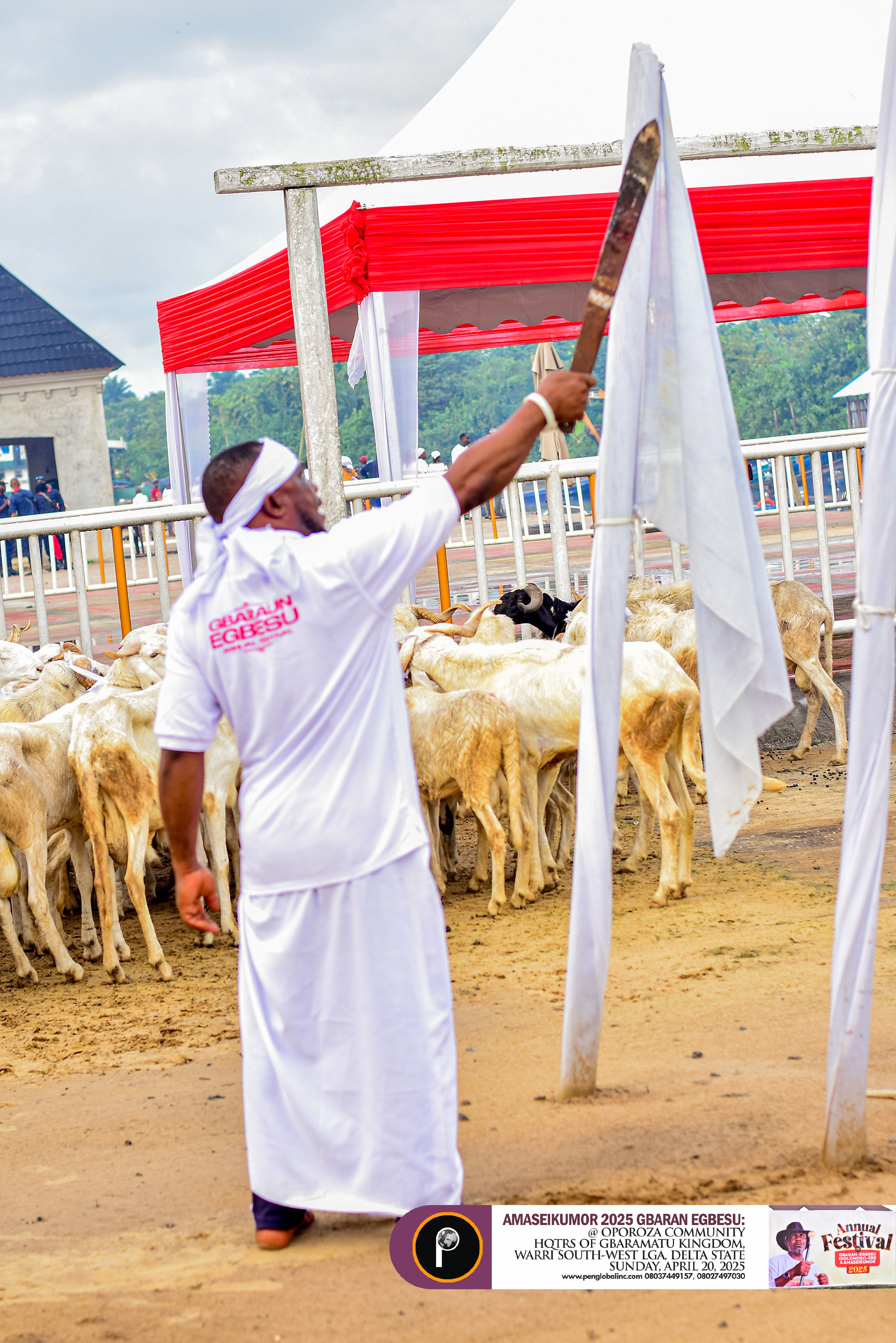
Giving more insights to the originality of the Ijaw traditional religion, the Chief Priest of the Supreme Order of Woyein stated, “an aspect of the Ijaw religion and spiritual culture is the divine laws of nature and the spiritual protection of the individual and the community. This religious institution involved in the spiritual protection of the community is common to all the Ijaw area of the Niger Delta, and exists in one form or the other… to provide spiritual protection, discipline, security and self-preservation of the people. Woyein, by means of her own Oracle, decides who can do what and also provides rules and regulations, discipline and minimum level of training. The religious institutions are instruments of discipline because they control the proper organisation of society by determining when there is a just cause and ceremonies that are for the good and protection of the communities.
“As Ijaw people, we have our own understanding and terminology of God which we have always worshipped before the advent of the Europeans. Our Mother/Father God, the Supreme Creator of the world is addressed as Woyein (Our Mother) and all other divinities popularly known as Angels in the Bible have been invoked by us for ages before the advent of the Europeans to our shores and the introduction of the slave trade… The worship of Woyein is through the divine manifestations. The divinities are in the form of Ibolomobo-ere (Mother God, the Creator of all spirits of the universes), Egbesu, Amaseikumor, Barugu and many more. They are exactly the same as the Arch Angel and angels of light, save Gbaraun Egbesu, of all other religions… The worship of Egbesu (Our National God of Law and Protection), Amaseikumor (Our Saviour), Barugu (Our Holy Michael) and Ibolomoboere (Our Supreme Mother Woyein) is not idol worship because our precepts are centered on love, justice, holiness and equity with a divine protection.”
_1745343552.JPG)
To back this claim of spirituality, faithful or adherents of Woyein religion are forbidden from participating in certain acts deemed to be against the tenets of the religion. Such acts considered as evil which attract the repercussion of curses include (but are not limited to) shedding of blood unjustly, taking of blood oath, having intercourse with a woman in her month, adultery, stealing, human sacrifices, rituals, abortion, revenge, incest and other immoral acts. Commission of such acts would necessitate confession to the Chief Priest and other High Priests as part of the cleansing exercise in the quest of seeking for forgiveness.
From observation of the rites performed during the Amaseikumor festival, one is quick to draw a semblance of its practices to those of the Israelites in the Old Testament, where animals are sacrificed as part of the cleansing process. It is no coincidence therefore that there are several images of Biblical prophets adorning the worship centre along with the Biblical description of the Ark of God present in the midst.
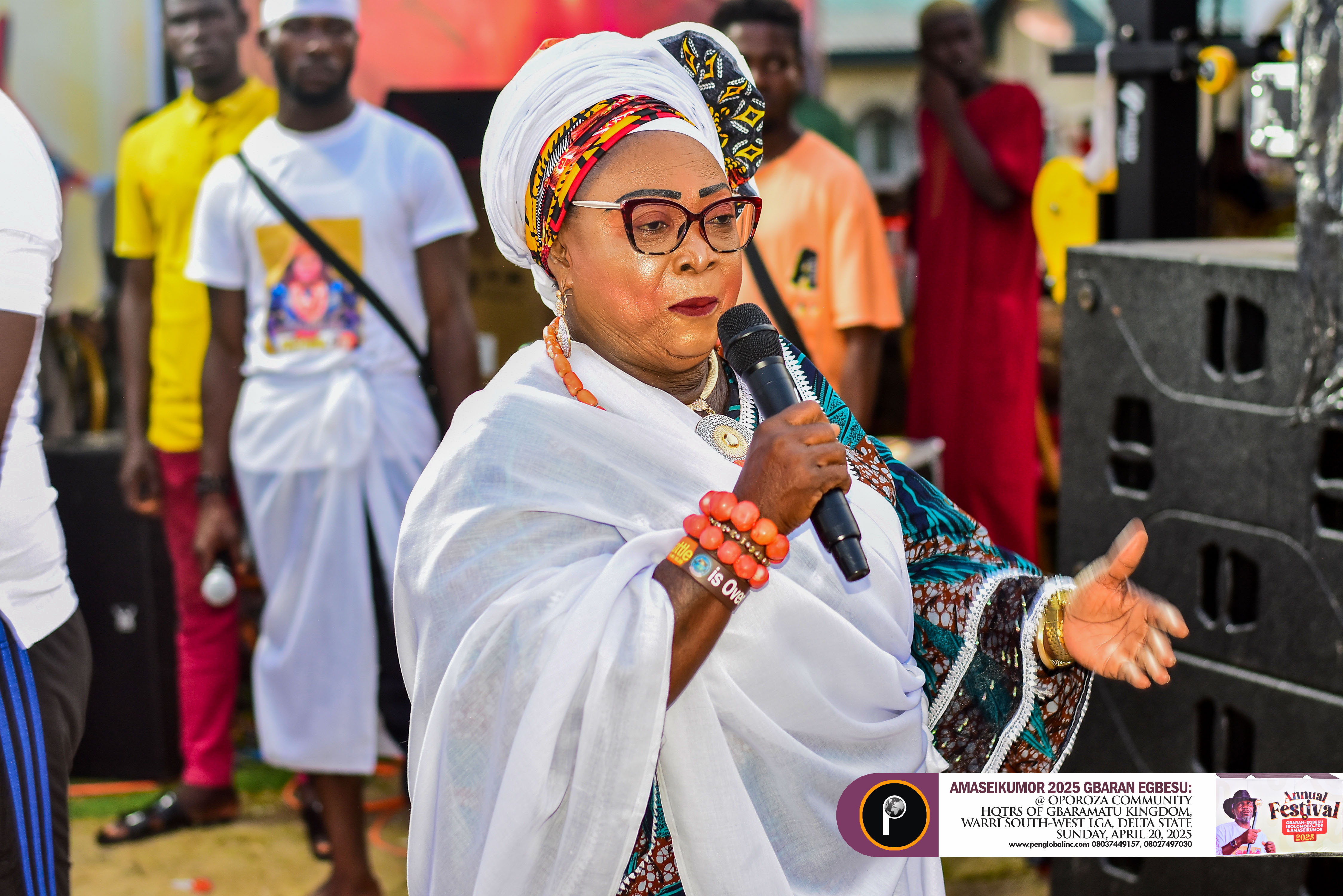
The African Traditional Religion (ATR) has become bastardised as noted in the Supreme Order of Woyein largely as a result of the “lack of religious literatures such as discourses and monographs due to our informal education before the introduction of formal education by the Europeans.”
Of a truth, God is not an author of confusion. Africans have their own way of worshipping Him before the coming of the missionaries. Africans are not a people without a root religion as widely believed or a people who worship idols. While it is true that some ATR are occult in nature and are propagating evil acts; however, true religion is one which does not only imbibe love, justice, holiness, equity, and forgiveness but upholds these godly acts. Such is the practice of the Woyein religion. Also of note, is the dedicated discipline manifested by worshippers of ATR. Its spiritual laws and statutes of purity are upheld in high esteem with grave repercussions befalling those who go against them. Surely, darkness has no relationship with light.
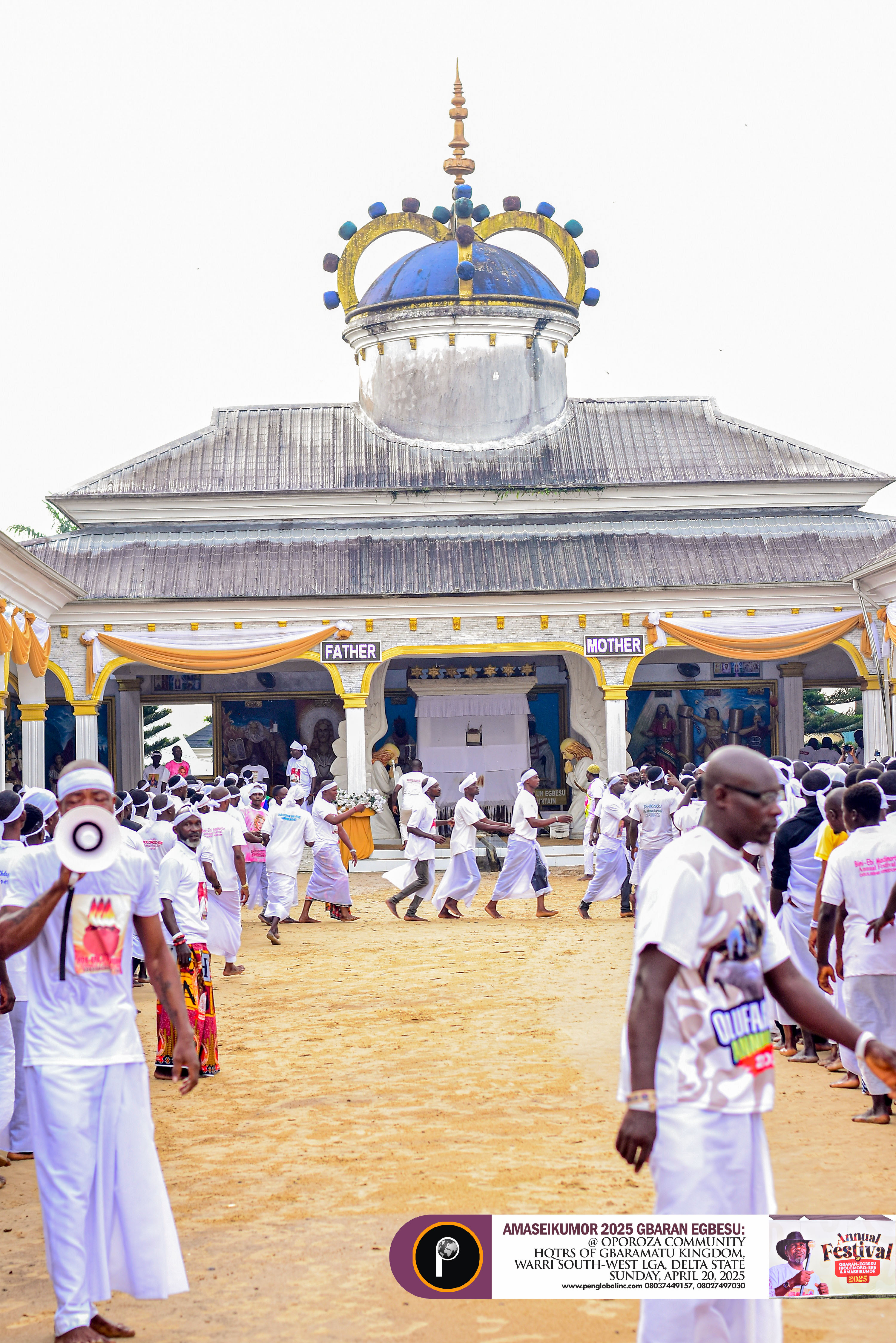
SOURCES:
1] Jele Manganyi and Johan Buitendag, ‘A Critical Analysis on African Traditional Religion and the Trinity’, Department of Systematic Theology and Christian Ethics, University of Pretoria, South Africa, published July 2013. www.scielo.org.za
2] Pius Abioje, ‘Do Traditional Africans Worship God?’ University of Ilorin, published 6th September 2011 in the Guardian newspaper.
3] The Supreme Order of Woyein (SOW), ‘The Divine Message of the Messengers of Woyein (Gbaraun Egbesu, Amaseikumor, and Barugu)’
View more photos on PENGlobal Facebook page:
#penglobaldiscourse #Amaseikumor #ATR

